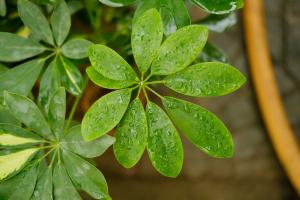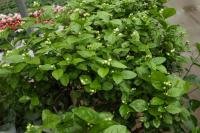Introduction to inorganic fertilizer
Inorganic fertilizer is a kind of mineral fertilizer, also known as chemical fertilizer, referred to as "chemical fertilizer". It has a relatively single component, is easy to dissolve in water, decomposes quickly, and is easy to be absorbed by plant roots, including nitrogen, phosphorus, potassium, compound fertilizer, etc
Classification of inorganic fertilizer
Inorganic fertilizer can be divided into ammonium bicarbonate, urea, ammonium sulfate, calcium magnesium phosphate fertilizer, potassium sulfate, plant ash, lime, etc

Difference between inorganic fertilizer and organic fertilizer
Different composition
Carbon compounds do not include simple compounds such as carbon dioxide, carbonic acid and carbonate. Compounds mainly containing three chemical elements C, h and o are called organic compounds, and vice versa. Organic fertilizer refers to the fertilizer containing the former kind of substances, and inorganic fertilizer refers to the fertilizer containing the latter kind of compounds
Different sources
Organic fertilizer uses biological excreta or remains as fertilizer, which is easy to be decomposed by microorganisms, has good compatibility with the environment, does not pollute the environment, and is both environmentally friendly and economical; Inorganic fertilizer embeds high-purity inorganic salts into the soil, which is easy to destroy the pH of the soil and endanger the ecological environment

Precautions for use of inorganic fertilizer
Excessive application of inorganic fertilizer will cause soil hardening, easy to cause the fixation and loss of soil nutrients, prone to diseases and pests, and reduce the quality of agricultural products. Therefore, we should pay attention to controlling the amount and degree of inorganic fertilizer< span>

 jackfruit
jackfruit snake plant
snake plant hibiscus
hibiscus hydrangea
hydrangea lavender
lavender Green roses climb al...
Green roses climb al... If you don't pay att...
If you don't pay att... Management of four g...
Management of four g...
































